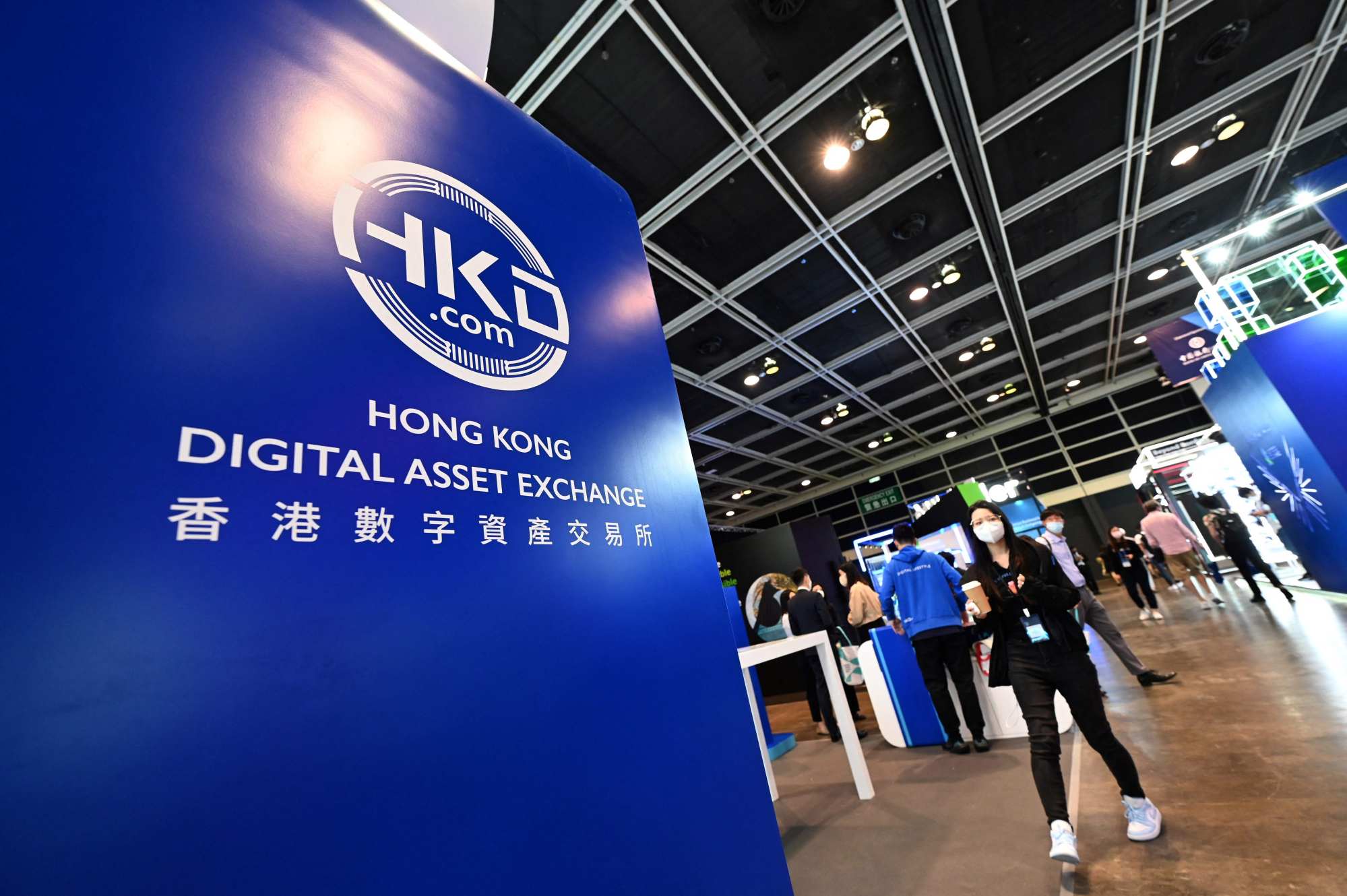
For Hong Kong to become the world’s Web3 hub, regulation is not enough
- To manage risks, its regulatory framework needs to be nimbler. And to encourage innovation, it needs to be a leader in the tech infrastructure for digital assets
But being a global financial centre with sophisticated regulation is not enough to give Hong Kong a sustainable edge over other potential hubs such as Silicon Valley, Dubai and Singapore. Hong Kong also needs to become a leader in the digital infrastructure that supports the creation and transaction of digital assets, and which attracts the best builders in the industry.
Hong Kong was once home to many influential cryptocurrency exchanges and still has more bitcoin ATMs than any other Asian city. But from 2019, because of the pandemic and cautious policies, Hong Kong’s role in the global cryptocurrency industry diminished.

Meanwhile, after the debacle of FTX and Genesis Global Trading, the United States and Europe are tightening their cryptocurrency regulations. This might shift more activities around digital assets to the East – also good timing for Hong Kong to reclaim its influence.
Hong Kong boasts key advantages as one of the world’s most robust capital markets, with a well-established financial regulatory framework and access to top financial and technological talent.

The Hong Kong government aims to create a favourable environment for public-private sector collaboration. When government agencies, financial institutions, tech giants and cryptocurrency-native builders work together, there is a better chance of digital assets integrating into the real-world economy and make an impact beyond the virtual.
But Hong Kong also faces challenges in its bid to become the Web3 hub. One is that existing regulatory frameworks, designed for traditional assets, might not work for fast-evolving digital assets and cutting-edge technology.
The principle of “same business, same risk, same rules” for digital asset regulation in Hong Kong means traditional finance regulations apply to digital assets too. The high entry barrier of getting licensed alone makes it a playing field mostly for well-established institutions.
Innovation often comes from unpredictable grass-roots sources, so how to create space for bottom-up innovation is a problem to be solved.
After FTX collapse, here’s how cryptocurrency regulators can rebuild trust
The security of digital assets is different from that of traditional assets. Their on-chain nature means digital assets cannot rely on a closed security system like with traditional finance. Licences or periodical auditing will not ensure the safety of customer funds on a centralised platform. Advanced technologies are needed, such as multiparty computing, which gives asset owners full control or co-management authority over their assets.

What kind of Web3 infrastructure does Hong Kong need to develop? Given that retail investors suffered heavy losses last year, 2023 will hold more promise for institutional businesses.
Digital assets are mainly held by exchanges, mining pools, investment funds and other institutions. To reduce the risks of centralised platforms, a significant portion of these assets will eventually shift to custody platforms with the latest tech solutions.
What’s more, to be compliant with new regulations, institutions also need solutions to achieve distributed key management and fund segregation. Custody, institutional wallets and digital security are just some examples of the infrastructure a digital asset ecosystem needs.
The spectacular boom and bust cycle of the cryptocurrency industry in the past three years showed us what could go wrong. Hong Kong is in a great position to put all the lessons learned into building a Web3 hub with the right regulatory environment and technological infrastructure, to foster innovation and manage risks at the same time.
Lily Z. King is chief operating officer of Cobo, a leading global cryptocurrency custodian service provider and blockchain infrastructure developer. She is licensed to practice law in both the US and China


